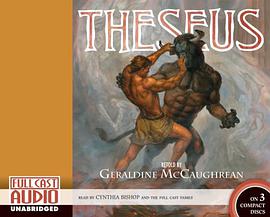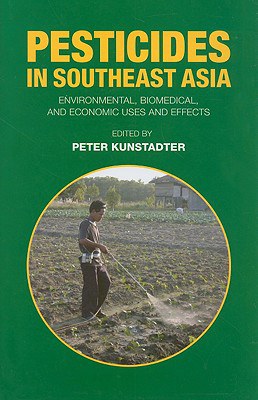

具体描述
Histories of autobiography in England often assume the genre hardly existed before 1600. But "Tudor Autobiography" investigates eleven sixteenth-century English writers who used sermons, a saint's biography, courtly and popular verse, a traveler's report, a history book, a husbandry book, and a supposedly fictional adventure novel to share the secrets of the heart and tell their life stories.In the past such texts have not been called autobiographies because they do not reveal much of the inwardness of their subject, a requisite of most modern autobiographies. But, according to Meredith Anne Skura, writers reveal themselves not only by what they say but by how they say it. Borrowing methods from affective linguistics, narratology, and psychoanalysis, Skura shows that a writer's thoughts and feelings can be traced in his or her language. Rejecting the search for 'the early modern self' in life writing, "Tudor Autobiography" instead asks what authors said about themselves, who wrote about themselves, how, and why. The result is a fascinating glimpse into a range of lived and imagined experience that challenges assumptions about life and autobiography in the early modern period.
作者简介
目录信息
读后感
评分
评分
评分
评分
用户评价
相关图书
本站所有内容均为互联网搜索引擎提供的公开搜索信息,本站不存储任何数据与内容,任何内容与数据均与本站无关,如有需要请联系相关搜索引擎包括但不限于百度,google,bing,sogou 等
© 2026 book.wenda123.org All Rights Reserved. 图书目录大全 版权所有




















